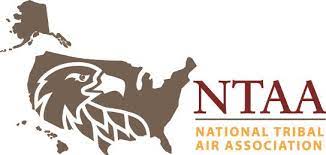
Air pollution causes major environmental health problems in Indigenous communities.
Indigenous communities are disproportionately impacted by pipelines, mines, waste incinerators, and other polluting industries that poison the air and water.
Indigenous adults and children have higher rates of many diseases linked to air pollution exposure, including asthma, diabetes, heart disease, and chronic obstructive pulmonary disorder (COPD). An emerging air quality threat for Indigenous people is climate change. Wildfires are an increasing concern to air quality. As the climate changes, hotter temperatures and drier conditions can trigger catastrophic wildfires on and near Tribal lands.
Climate change poses particular threats to ways of life and health of Indigenous families in every region of the US. Climate change is contributing to the loss of Indigenous cultures and Indigenous knowledge systems, and it is forcing the relocation of Indigenous communities.

A Report from the National Tribal Air Association and Moms Clean Air Force
In April 2021, The National Tribal Air Association and Moms Clean Air Force released Indigenous People and Air Pollution — a report detailing the harm that air pollution and climate change cause to Indigenous communities and Tribal lands in the United States.
MOMS CLEAN AIR FORCE HONORS NATIVE AMERICAN HERITAGE MONTH 2023
To honor the significance and importance of the Native American community, Moms Clean Air Force recognizes the lands and territories that were originally stewarded by over 574 Native American Tribal Nations before the arrival of European colonists, and we pay tribute to the Indigenous peoples’ deep connection to this land.
WATCH THE VIDEO:

At least 200
methane or coal
power plants are within
50 miles of tribal lands

13 PERCENT
of Indigenous children have
asthma — a much higher rate
than other American children

Indigenous
adults and children have
higher rates of many diseases
linked to air pollution exposure
Indigenous Resources
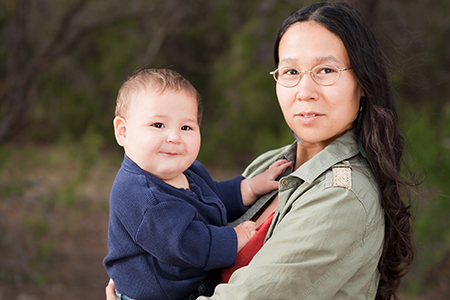
Indigenous People and Air Pollution in the United States
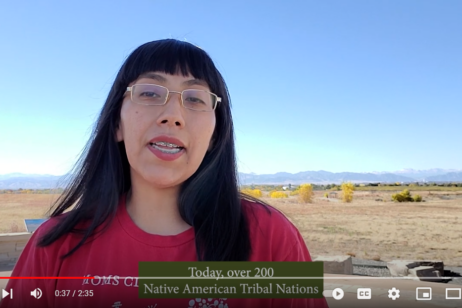
Moms Honor Native American Heritage Month
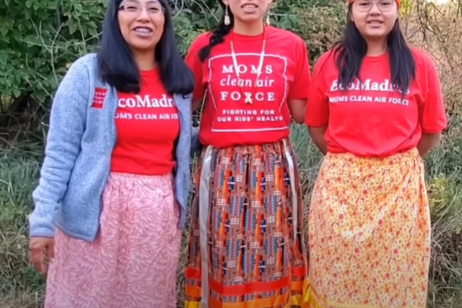
Moms Clean Air Force Honors Indigenous Peoples' Day 2023

Native American Heritage Month Series: Rachel Heaton
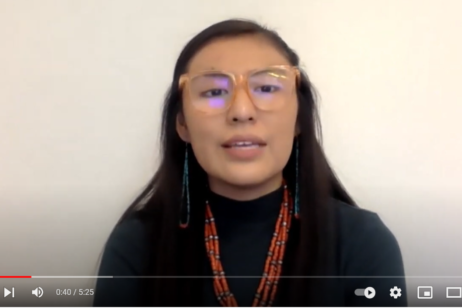
Native American Heritage Month Series: Clarene Davis
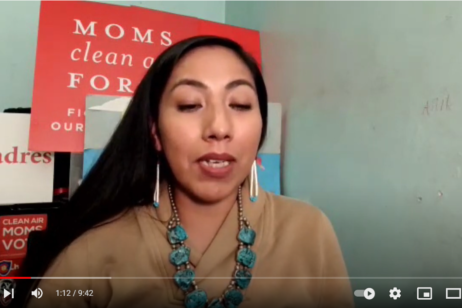
Native American Heritage Month Series: Shaina Oliver
Indigenous Stories

April Supermom of the Month: Stephanie BadSoldier Snow, Iowa
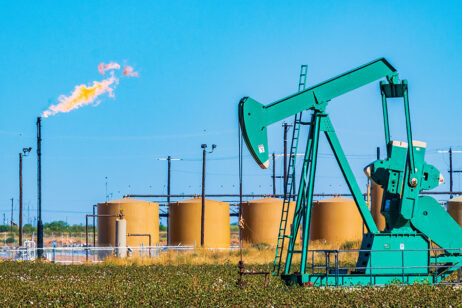
Pollution From Oil and Gas Flaring Takes a Toll on Our Health
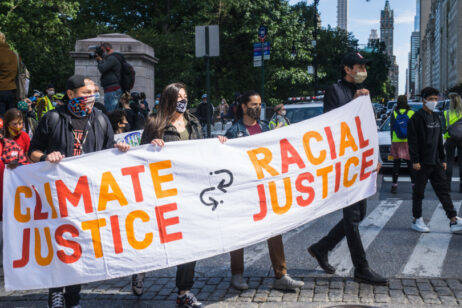
"Environmental Justice will be the Mission of the Entire Government," says Biden on Creating a New Office of Environmental Justice

Tribal Communities Need More Funding for Clean Air Programs
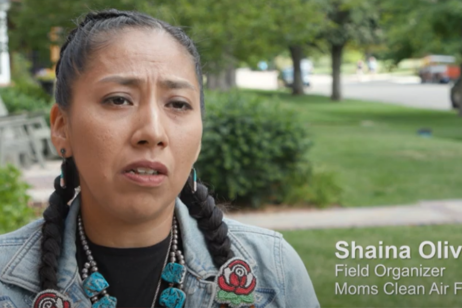
On the Front Lines of Oil and Gas Development: Shaina Oliver, North Denver, Colorado
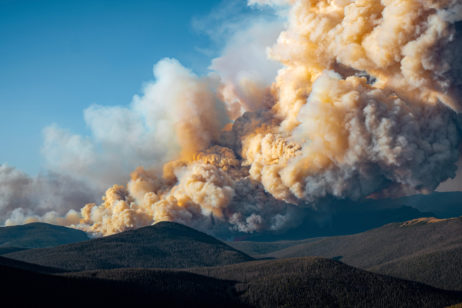
Wildfires Threaten the Health of Native American Families

Moms Make News: Moms Hold Back the Floodwaters






